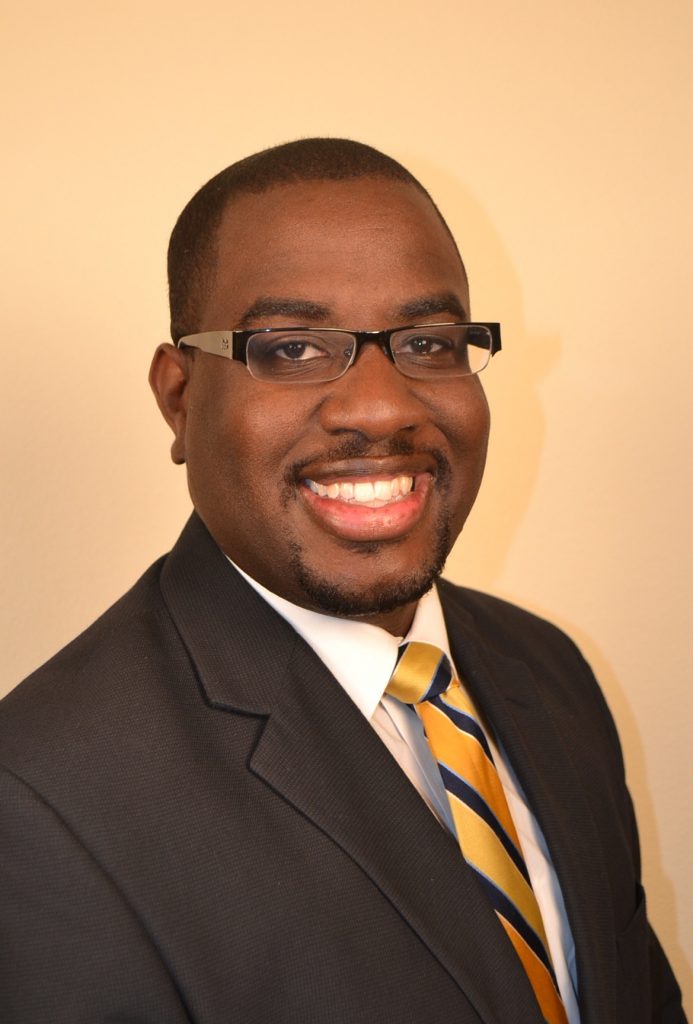Will You Tell Your Story?
By Juleun A. Johnson, 02/17/2017
Recently, I have observed a something that bothers me: people are dying, and we are forgetting.
As a younger husband, a father, and a friend, I sometimes wonder how I can manage my personal, professional and spiritual challenges. You can talk to parents and friends, of course, But there are some questions that can only be answered by people who have been on the road for many decades: my grand parents. I only have one grand mother left—the other grandparents died years ago. So wisdom from such seasoned citizens is a rare treat for me.
The church I attend has had more funerals than weddings or baby blessings lately. At a recent funeral, an older stately gentleman at the church remarked, “When I was young, I was going to weddings, now that I am old, all I do is go to funerals.” It’s not that all the people who are dying are older. They represent a range of ages. But we are all subject to the same fate.
Being a Seventh-day Adventist, I believe in our doctrine of the state of the dead, a key text of which talks about knowledge perishing. “For the living know they will die; but the dead do not know anything, nor have they any longer a reward, for their memory is forgotten. Indeed their love, their hate and their zeal have already perished, and they will no longer have a share in all that is done under the sun” (Ecclesiastes 9:5,6). The text places a truthful frame around a tragic element. We know that the dead don’t know anything. But the tragedy is that their stories are lost. What goes with them to the grave is a lot of knowledge, information, prowess, and intelligence. An African proverb says, “the death of an older person is like the burning of a library.”
Certainly the point of death can be a very calm and peaceful moment, and other times it is difficult. On my units in my hospital, an average of two people die every day. People sometimes wonder how I continue to do such a job daily: I’m thankful that I have a phenomenal wife, awesome kids, and I work with an excellent nursing staff.
But I also am encouraged by the stories of people’s lives. It’s the stories that serve as slow burning embers to keep my fire to serve alive. These remembered stories keep the memories of yesteryear alive. When someone begins to share their journey, tears, smiles, or laughter appear. Sharing the story seems to cut through gloom, despair, and frustration.
Recently a youth leader died in my church. I asked someone if that person knew the kind of impact they’d made? They said, “No. They had no clue.” If we are really the people of God, wouldn’t we want them to know our stories of their effect on us, as well as hear what made them who they are to us?
People have experienced real challenges, and they’ve also been blessed abundantly in business, marriage, school and life. Rarely do people see the sweat, blood, and tears. Only the victory is seen—the “city on a hill.” In my own adaptation of the words of James Weldon Johnson,
People have come, over a way that with tears has been watered
People have come treading their path through the blood of the slaughtered,
Out from the gloomy past,
Till now we stand at last
Some people are afraid to share their stories because of shameful moments or events. I would offer this: if you want the next generation to not make the same mistakes you made, humble yourself and share.
Not only are people being lost to death but some are losing their stories before they die. Scores of people are being lost to Alzheimer’s and dementia daily. According to Alz.org, “Every 66 seconds someone develops Alzheimer’s disease in the United States. With each of these cases love, knowledge, and stories of survival are lost. The growing up of their children, memories of vacations, and other wonderful stories are vanishing. The time to hear their stories is now.
What does this look like practically? We can offer story opportunities, in our homes and churches. Listen to the people around you, and ask them for their life stories. I love going to General Conference session to hear stories of people’s lives and how God intervened in their experience. Do you believe God is working in your country, town, church, and home? I do. Since we agree, why not share your story? Why not listen to others? Stories may answer questions, such as: what have you learned? Or what will you miss? What have you not missed? How did you come to know Christ? How did you join the Seventh-day Adventist church? What have you overcome in your life?
God has called us to be overcomers. A key way to overcome is by hearing the stories of those have been victorious through God’s active power in their lives. Revelation 12:11 says, “ They overcame by the blood of the lamb and the word of their story.”

Juleun A. Johnson is a chaplain at Florida Hospital in Orlando. He is a graduate of Oakwood University and Andrews University, and earned a D.Min. from Claremont School of Theology in Spiritual Care and Counseling.




